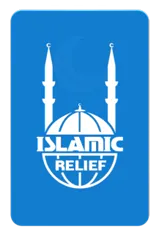
Qurbani means sacrifice. It is an act of worship that takes place during the holy month of Dhul Hijjah, during the days of Tashriq (11th, 12th and 13th of Dhul Hijjah). It is an act beloved to Allah (SWT), therefore it is important that one offers the best possible offering.
Islamic Relief carries out qurbanis of sheep, goats and cows. In general, a sheep or goat is considered as 1 qurbani, while a cow is divided into 7 shares and each share is considered one qurbani.
In most countries, we provide fresh qurbani meat to vulnerable families, as animals are purchased and slaughtered locally.
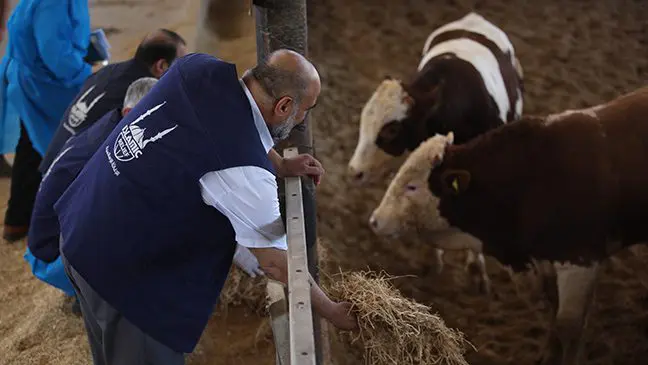
However, in countries such as Jordan where fresh qurbani is significantly more expensive, animals are slaughtered in Europe and shipped ready for distribution from the third day of Eid onwards. Offering chilled qurbani meat in these countries enables us to offer a much more cost-effective alternative, without compromising on quality.
Here at Islamic Relief, all 3 portions of meat delivered through our quality assured qurbani programme are distributed to those in need, whether that is in the UK or across the globe. Therefore, it isn’t possible to eat the qurbani meat you donate.
We have a scoring system in place to select those most in need, and for many families, the qurbani meat you donate is the only meat they will eat in the whole year.
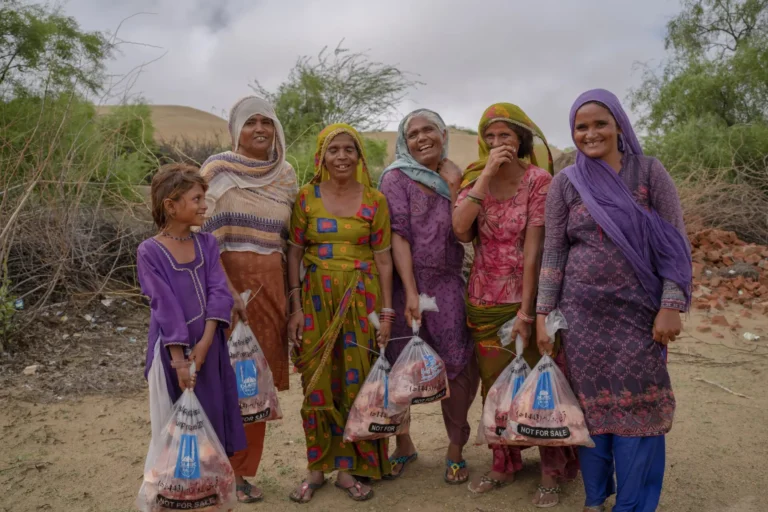
In 2022, we provided qurbanis to more than 33,000 families in Khyber Pakhtunkhwa, Azad Jammu & Kashmir, Balochistan, and Sindh in Pakistan
In the UK, all qurbanis are carried out by partner organisations to ensure compliance with food, health and safety standards.
Across the globe, our teams on the ground are extremely busy with slaughtering the animals, dividing them, packing the meat, transporting it to villages and distributing the qurbani packages to the most vulnerable families.
According to the Hanafi madhab, qurbani is compulsory for every sane adult Muslim male/female who has wealth in excess of his/her needs. If you’re eligible to pay zakat, then you’re also obliged to give qurbani.
The conditions and rules of qurbani vary among other schools of thought (madhab), so if you’re unsure of whether you must give qurbani meat, please consult your local Imam.
It is not compulsory to give all of your qurbani meat to those in need, and traditionally qurbani meat is donated into 3 shares: One part for oneself and family, one part to extended family and friends, and one part to those in need.
Here at Islamic Relief, we donate all 3 of your shares to those in need, which helps earn great rewards and the pleasure of Allah (SWT). This also helps to bring joy to as many families in need as possible on Eid al-Adha, and allows them to celebrate the day free from worrying about how to feed their children.
The believer’s shade on the Day of Resurrection will be his charity.
Hadith | Tirmidhi
Islamic Relief is one of the largest international organisations carrying out qurbani. Our quality assured qurbani programme has been running for over 30 years. In that time, we’ve developed an efficient, cost-effective and reliable process that consists of:
We prioritise the most vulnerable families when distributing qurbani. Our rigorous animal selection criteria makes sure families receive the highest quality meat possible.
Qurbani requires good quality, healthy animals. We apply best practice criteria so the animals are:
Best practice also means all meat is handled hygienically, from the carcass right through packing and distribution to families.
Islamic Relief also makes sure that animals are transported and slaughtered humanely in accordance with Islamic guidelines.
And, as we manage the whole transportation and logistics network, we make certain that everything complies with shariah and that all meat is handled, packed and distributed with strict hygiene standards in place.
We source a country’s own produce for qurbani wherever we can – so our prices reflect local prices.
This is usually the cheapest way to carry out your qurbani and it minimises the carbon footprint. Buying from the local community helps local traders and farmers, as well as the local economy.
Your money goes further with Islamic Relief because we don’t spend money on importing, unless we cannot avoid it.
Your qurbani helps bring joy to families in need, and provides them with food for several days. It’s a treat for those who rarely get to eat meat, and provides a good source of protein. It also allows them to celebrate Eid without worrying about where their next meal is coming from.





We will always treat your personal information with the utmost care and will keep it private (read our privacy policy). You can opt out at any time by contacting us via email at IslamicReliefWorldwide@irworldwide.org or by clicking the unsubscribe button on one of the emails you receive from us.
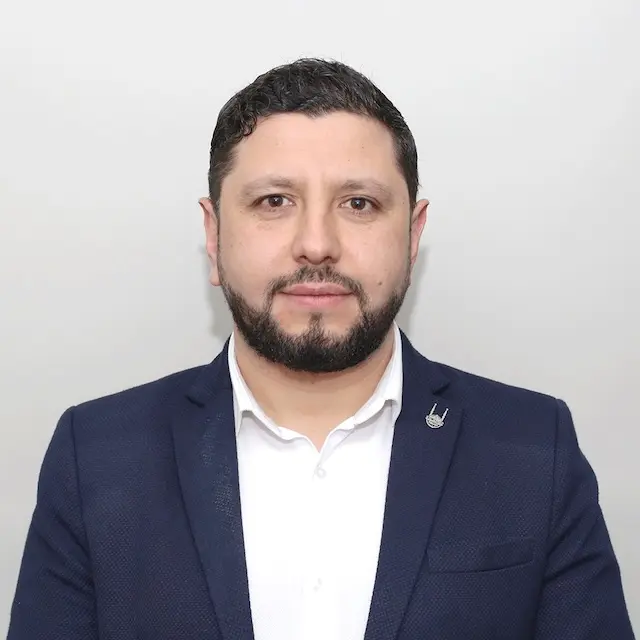
Zia Salik was appointed Interim Director of Islamic Relief UK in 2025, and brings with him over 18 years of third sector experience. He has held several leadership roles within Islamic Relief UK, including National Events Coordinator, National Community Fundraising Manager, Head of Fundraising, and Deputy Director. Zia has led national fundraising strategies, managed large-scale campaigns and events, and contributed significantly to volunteer development, donor engagement and public outreach.
As Interim Director, Zia oversees multiple teams and contributes to strategic planning, operational leadership and organisational growth. He is recognised for his expertise in major donor management, public speaking, media engagement and community fundraising. Zia has been instrumental in building strong community networks and delivering impactful campaigns.
Before joining Islamic Relief, Zia served as Programmes Manager at Humber All Nations Alliance, where he led organisational growth, project delivery and funding proposals.
Zia is a seasoned leader committed to social justice, who brings a collaborative, mission-driven approach to his work, helping to amplify voices and maximise impact in the charity sector.
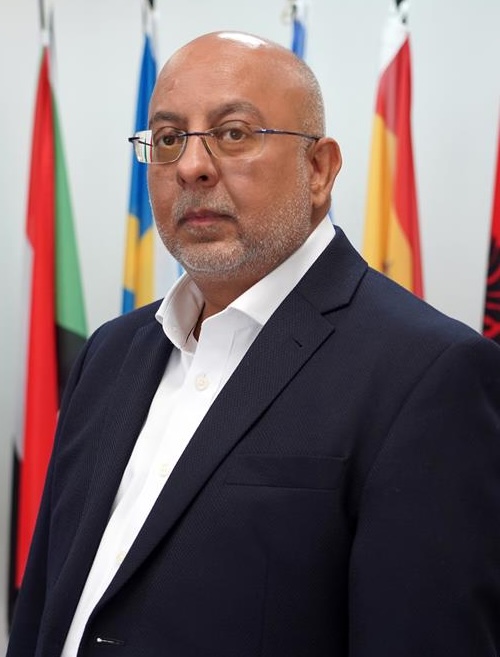
Nadeem has a wealth of experience from the charity, statutory and private sectors. He is the Managing Director of HAD (a division of IRW) which is a centre of excellence seeking to empower the humanitarian sector and maximise its effectiveness and from October 2025 will serve as our interim CEO.
Before joining Islamic Relief, for nearly a decade at the General Medical Council — a globally recognised professional regulator — Nadeem managed strategic relationships with Chief Medical Officers and senior leaders. Prior to that, he served as the UK Director of Islamic Help, engaging closely with many international non-governmental organisations and playing a key role in fundraising and media activities.
In 2000, Nadeem was admitted as a solicitor. He spent nearly 8 years as a Partner at a law firm specialising in employment, regulatory and charity law. He has published papers, including in the Modern Law Review, and chapters in books.
Nadeem is deeply committed to strengthening civil society organisations and the charity sector, and throughout his career has focused on improving foundations for future generations and building strong networks. Nadeem has particular expertise working in matters of Learning and Development, especially personal and professional development, combining Islamic principles with modern techniques and interventions. He is also especially interested in psychological perspectives and cognitive distortions. He has designed and delivered training to thousands of people for nearly 3 decades.
As well as individual development and growth, Nadeem has spent 20 years working with organisations to manage and lead people to improve outcomes and efficiencies. He is a Consultant Coach, qualified at ILM Level 5 in Effective Coaching and Mentoring and ILM Level 7 in Executive and Senior Leadership Coaching. He was Chair of the Independent Advisory Group for the Professional Standards Department of West Midlands Police for 4 years, where he was awarded recognition for his ‘Outstanding Work.’
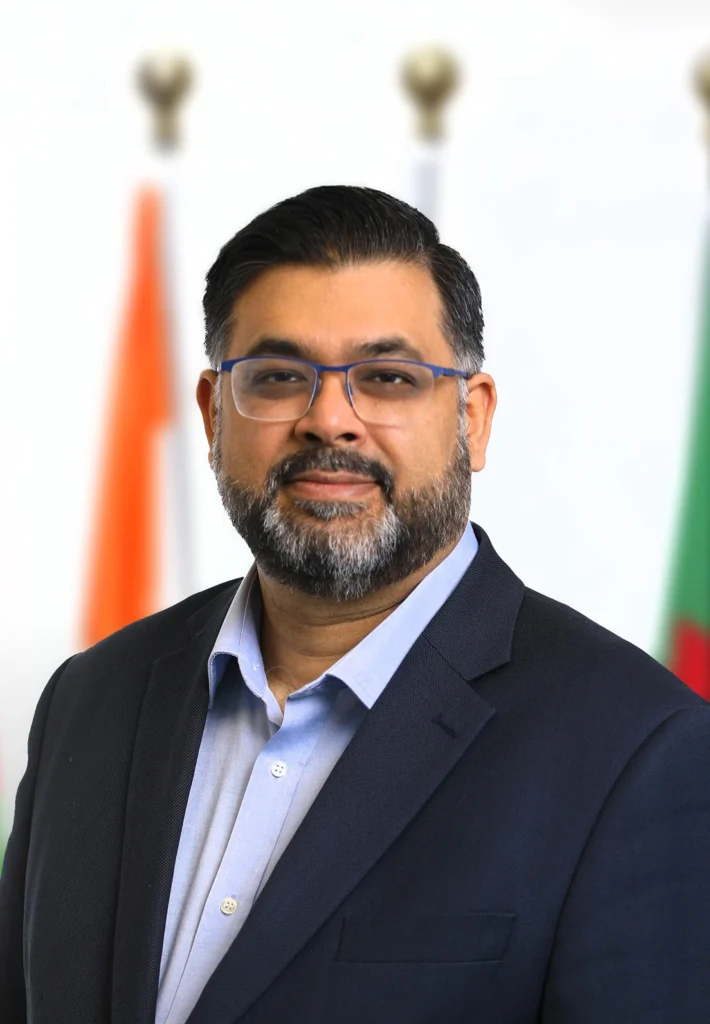
Saqeb Mueen
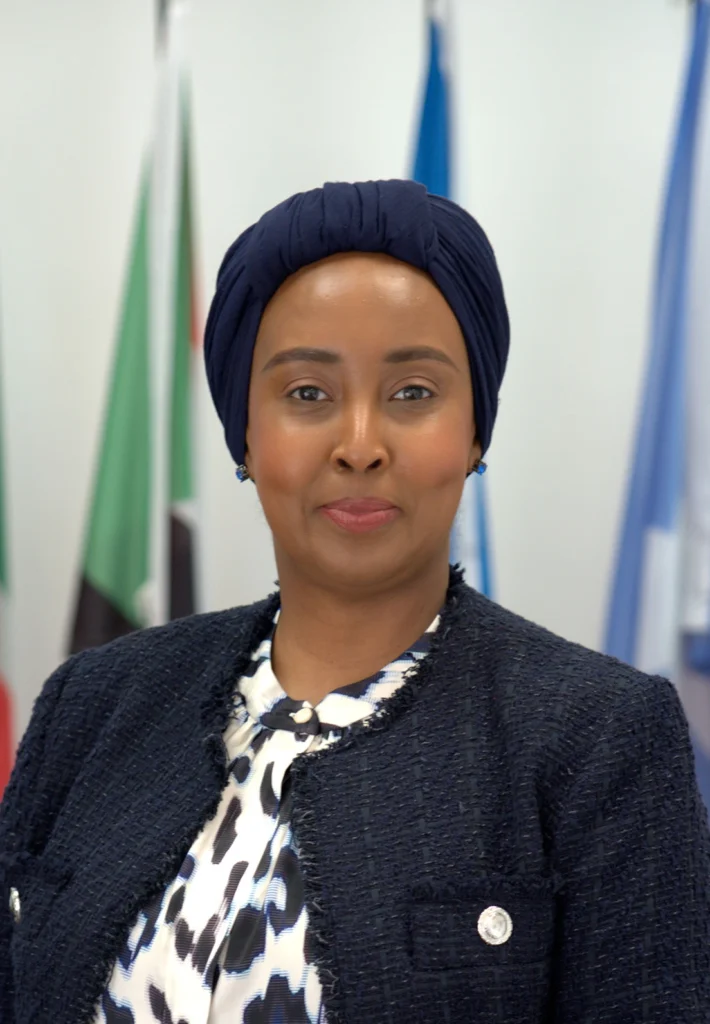
Asha joined Islamic Relief in 2025 with the aim of working with colleagues to create an environment where everyone feels valued, empowered, and motivated to contribute meaningfully to our shared mission.
Asha has more than 20 years of experience in HR leadership across a range of industries, holding roles at Thomson Reuters, BMW, Movado Group and others. She is passionate about building strong, resilient teams and fostering positive workplace cultures where individuals are empowered to thrive, contribute and do their best work.
Asha holds a BA in Management, Economics and Law, as well as a BA in Business Studies. She is an Associate Member of the Chartered Institute of Personnel Development.

Adnan joined Islamic Relief in 2004 as a regional fundraiser in the UK. He worked in multiple roles over 10 years at Islamic Relief UK, including setting up the first digital team and leading the growth of digital fundraising and engagement. Adnan also led numerous fundraising and marketing campaigns, which played a significant part in the growth of Islamic Relief UK.
Having moved to Islamic Relief Worldwide in 2014, Adnan has held different roles that have helped grow Islamic Relief’s global digital footprint into new geographic territories, supporting Islamic Relief members with their digital and marketing growth as well as developing new products and initiatives for the Islamic Relief family.
Adnan graduated in Industrial Design and Technology from Loughborough University. He has since completed an Advanced Diploma in Business Administration from Durham University and a Diploma in Digital Marketing from the Institute of Data and Marketing.

Nadeem Azhar
Nadeem joined Islamic Relief Worldwide in September 2022. He has worked in the charitable sector for over a decade.
He studied Modern History and Politics at Manchester University, and at the University of Law in London before qualifying as a solicitor in 2011.
Nadeem is an experienced corporate, commercial and governance lawyer, having worked with various faith-based and grant making charities as well those in health and education settings. He was a partner at a law firm in London before moving in-house where he focused on setting up and restructuring charities and social enterprises.
Most recently, Nadeem was Lead Counsel at Mind, a leading mental health charity, where he co-authored a new federation agreement, revamped legal processes, and played a major role in developing its strategic and fundraising partnerships.
Nadeem has been a charity trustee for the Seafarers Charity, as well as many grant-making bodies and theatre companies.
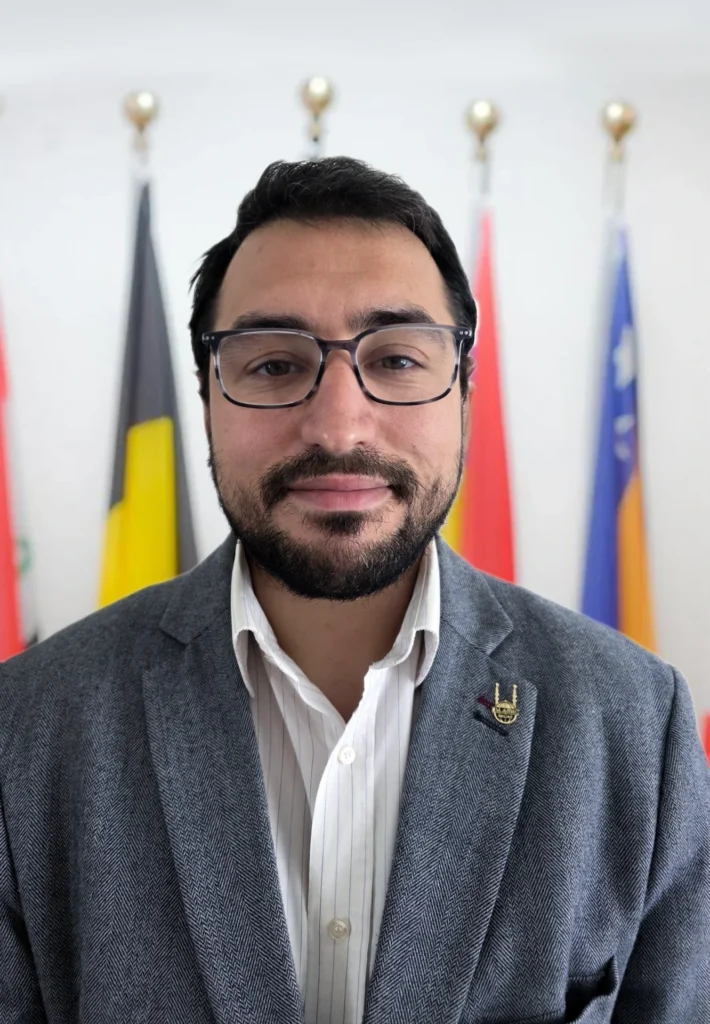
Salaheddin joined Islamic Relief UK in 2006 and over the next 7 years held multiple roles, including Community Fundraiser and Campaigns Manager, before joining Islamic Relief Worldwide in 2013.
Since then, Salaheddin has been instrumental in the launch and growth of new Islamic Relief member offices in Ireland, Spain, Norway and Finland, as well as providing essential support and guidance to existing members, including Italy, where he served as CEO for 3 years.
In 2023, Salaheddin became Deputy Director of Global Family Development and in this role has continued to play a crucial part in steering Islamic Relief’s growth and expansion. He has also led global fundraising and media engagement for major emergencies including the Türkiye-Syria earthquake and Libya floods. Salaheddin became the Interim Director of Global Family Development in 2025.
Salaheddin holds a master’s degree in International Development and is actively involved in several community-led initiatives. He is currently the Vice President of the International Union of Muslim Scouts and Deputy Chair of the UK Muslim Scouts Fellowship as well as Chair of the South Birmingham Muslim Community Association.




Martin Cottingham joined Islamic Relief in 2012 as IRUK Media Relations Manager, and was appointed Head of Communications in 2015 before taking up his current position as Director of External Relations and Advocacy for Islamic Relief Worldwide.
Martin has helped Islamic Relief to increase its mainstream media profile and expand its campaigning work, producing hard-hitting advocacy reports on floods in Pakistan (2011) famine in Somalia (2012) disaster risk reduction (2013) and aid to Afghanistan (2014). He has over 20 years’ experience working in media, communications and marketing roles for international development and environmental charities.
Martin graduated from the University of London with a degree in English and Drama (1982-85) then trained as a journalist with a postgraduate diploma at City University (1986-87). He has previously worked for Christian Aid as Editor of Christian Aid News and Media Relations Manager (1988-97) for Oxfam as Regional Campaigns Manager (1997-2000) and at the Soil Association as Marketing Director (2001-2006), as well as working for a wide range of organisations as a freelance writer, researcher and communications consultant.


Waseem Ahmad joined the Islamic Relief family over 24 years ago, serving as Programme Officer in the Balochistan province of south-western Pakistan before becoming Head of Programmes in Pakistan. Waseem then moved to Oxfam and Tearfund before returning to Islamic Relief to establish our mission in Malawi. Later serving as Head of Programme Funding and Partnerships, Waseem led the response to major crises across the globe, including the East Africa drought, Pakistan earthquake and the Indian Ocean Tsunami.
Waseem then served for nearly 6 years as our Director of International Programmes, during which time the charity secured and retained the coveted Core Humanitarian Standard certification in recognition of the quality of our programming. He was appointed CEO of Islamic Relief in May 2021.
With a special interest in community mobilisation and infrastructure, Waseem received an MSc in Project Planning and Management from the University of Bradford, as well as an MSc in Economics from Arid Agriculture University in Rawalpindi, Pakistan.
Waseem has also worked for Lepra Health in Action and is a member of the International Civil Society Centre’s Board of Trustees. The father-of-3 enjoys walking and playing football, and is a keen birdwatcher.
